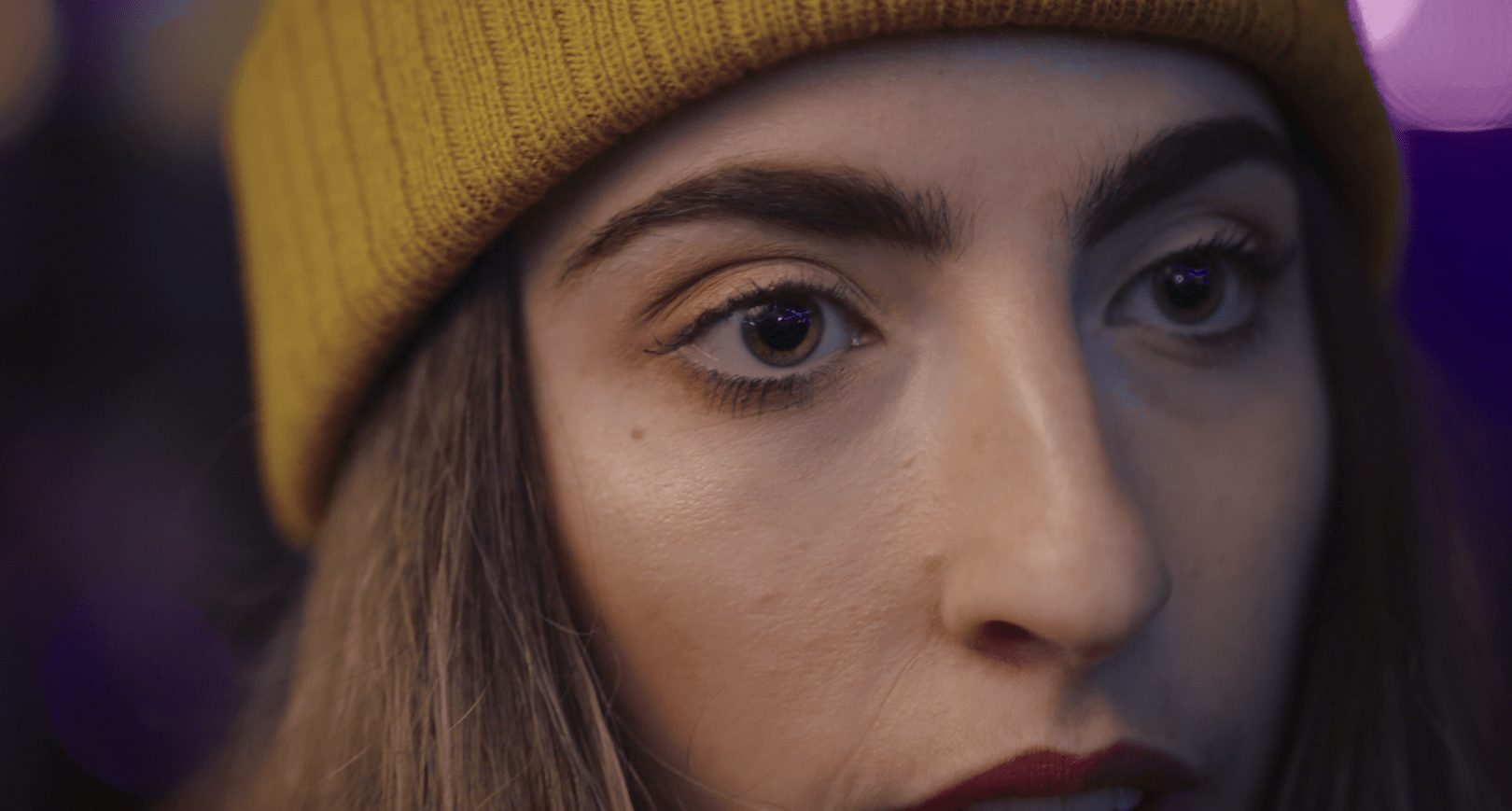Opening with Vai, a grand odyssey of adventure which was made by nine Pacific female filmmakers, Femsepectives‘ 2020 showcase closes much closer to home. Aptly named Made in Scotland, the feminist film festival ends a successful run showcasing short films which have been, you guessed it, created in Scotland. Filmed in a variety of languages (including Punjabi and Gaelic), the featurette celebrates more than simple cinematic achievement; it encapsulates Scottish diversity, encouraging a broader range of backgrounds. Nowhere else, other than short films, can the narrative of a young Scottish Asian woman’s inner-turmoil between family and dreams sit alongside a Hebridean woman combating the memories of child abuse with the aid of a duck within 70 minutes.
Five short films comprise the screening: Meet Me By The Water (Raisah Ahmed), Body of Water (Annie Crabtree), Glue (Eleanor Capaldi), My Big Beating Voice (AMINA with Lena Abbas) and Duck Daze (Alison Piper). Many couldn’t be further apart in concept, background or intention from one another, but their inclusion shares a common purpose: to celebrate and support locally produced cinema from a well of accomplished women making films in Scotland.
In a post-screening discussion, creator Raisah Ahmed lets slip that a feature-length script of Meet Me by the Water exists (even if hidden in a drawer), and her short film serves as a tantalising teaser of what has the roots of potential. Family, choice and desire are at the heart of a personal story, as a young woman faces the difficult dilemma of choosing between familial duty (specifically, caring for her adorable grandfather) and her desire to journey abroad. Structured modestly, Ahmed benefits from utilising silence, which allows emotion and tenderness to do much of the groundwork.
Turning the lens upon themselves rather than using a traditional narrative format like Ahmed’s film, Body of Water illustrates the misrepresentation of women’s pain, along with the accompanying ignorance surrounding the dismissal of integrity from the social expectations of women. Arguably the most in-depth, Crabtree’s film tip-toes the line of the biographical documentary, infusing a powerful delivery of the spoken word. Its fundamental weakness lies not in the information or emotion it puts across, but the bulk of communication. Attempting to reinforce the therapeutic nature of water, the repetitious shots begin to lose gravitas towards the end of the film and could benefit from a three- to five-minute trim.
In stark contrast, Glue is marvellously subdued and a tremendous example of how little time it takes for the audience to grasp a concept. The shortest film this evening, running just over five minutes, Capaldi’s film has a relatively modest story: that of a young woman moving on from a toxic relationship, filmed simply (though effectively) with multiple comedic fourth-wall breaks, and performed well by the two leads.
Starring BAFTA winner Daniela Nardini, Duck Daze has the clearest feeling of completion. Certainly not to the detriment of the other films, Alison Piper’s direction of Julia Taudevin‘s screenplay is a highlight of the featurette. While others have a definite twang of ‘work-in-progress’, Duck Daze feels accomplished, rounded into a complete narrative. The grimmest of humour has been woven into the script, severely heightened by Nardini’s performance, especially when cast against the stereotypical dourness of the islanders, in particular acclaimed Gaelic performer Dolina MacLennan.
Insightful, open and safe, Femspectives is precisely the environment for this breed of cinema to flourish, and better yet to gain an appreciative audience. Made in Scotland’s showcase of the nation’s talent, landscape and production teams is a complimentary symbol of the entire Femspectives event, an overall triumph with much more to show in future.
